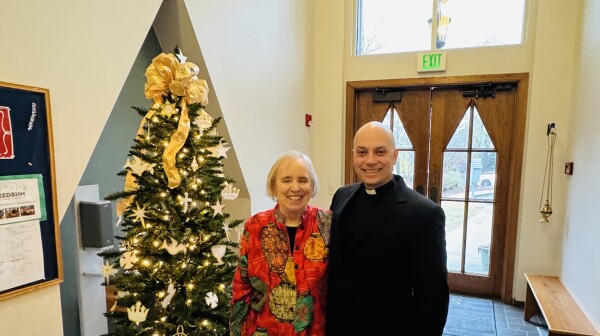AARP Eye Center
CLOSE ×
Search
Popular Searches
- right_container
- Health
- Money
- Work & Jobs
- Advocacy
- Social Security
- Medicare
- Caregiving
- Games
- Travel
- More...
- Entertainment & Style
- Family & Relationships
- Personal Tech
- Home & Living
- Auto
- Staying Sharp
- Podcasts
- Videos
FOR IMMEDIATE RELEASE
FOR IMMEDIATE RELEASE:
It is with profound sadness that we announce the passing of our beloved colleague and friend, Tawanna Wright, Associate State Director of Community Outreach in Birmingham, AL.
August 28, 2024
Celebrating 89 Years of Social Security: A Sacred Promise
AARP Awards Grants to four Organizations in Alabama as Part of Nationwide Program to Make Communities More Livable
For most of us, Social Security is – or will be -- essential for helping to cover daily living expenses and pay bills as we get older. The bottom line is that Social Security is your money, earned through a lifetime of hard work. Yet there are persistent misconceptions about its long-term financial stability and how it works. Here are facts behind five of the most stubborn Social Security myths.Myth #1: Social Security is going broke. The facts: Social Security will not run out of money, as long as workers and employers continue to pay payroll taxes. It’s a pay-as-you-go system: Revenue coming in from payroll taxes largely covers the payments going out. But Social Security does face longer-term funding challenges. For decades it collected more than it paid out, building a surplus that stood at $2.83 trillion at the end of 2022. But the system is starting to pay out more than it takes in, largely because the retiree population is growing faster than the working population and is living longer. Without changes in how Social Security is financed, the surplus is projected to run out in 2034, according to the latest annual report from the program’s trustees. Even then, Social Security will still be able to pay benefits from incoming payroll tax revenue. But it will only be enough to pay about 80% percent of scheduled benefits, according to the latest estimate. If Congress doesn’t take action in the next 10 years to protect and save Social Security, your Social Security could be cut by 20%—an average of $4,000 a year. The last time Congress took major action to shore up Social Security’s nearly depleted reserves was 1983.
AARP Alabama has announced the hiring of Elise Rhodes for the position of Business Operations Analyst.
Search AARP States
Connecting you to what matters most, like neighbors do. Find events, volunteer opportunities and more near you.
Sign Up & Stay Connected








































































